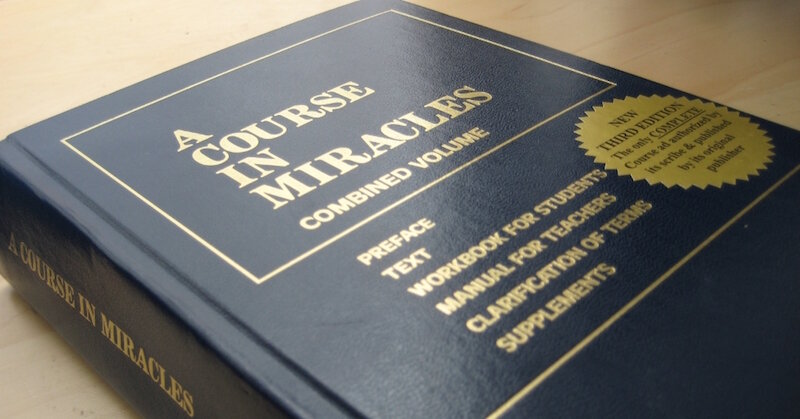
I’ve always been intrigued by the subject of intelligence. acim As a child my mother would refer to me as “smart,” but I quickly noticed that all parents refer to their children as smart. In time I would discover that all children are not smart, just as all babies are not cute. If that were the case, we’d have a world full of beautiful, smart people – which we don’t.
Some of us are smart; but not as smart as we think, and others are smarter than they seem, which makes me wonder, how do we define smart? What makes one person smarter than another? When do “street smarts” matter more than “book smarts”? Can you be both smart and stupid? Is being smart more of a direct influence of genetics, or one’s environment? Then there are the issues of education, intelligence and wisdom.
What does it mean to be highly educated? What’s the difference between being highly educated and highly intelligent? Does being highly educated automatically make you highly intelligent? Can one be highly intelligent without being highly educated? Do IQs really mean anything? What makes a person wise? Why is wisdom typically associated with old age?
My desire to seek answers to these questions inspired many hours of intense research which included the reading of 6 books, hundreds of research documents, and countless hours on the Internet; which pales in comparison to the lifetime of studies and research that pioneers in the fields of intelligence and education like Howard Gardner, Richard Sternberg, Linda S. Gottfredson, Thomas Sowell, Alfie Kohn, and Diane F. Halpern whose work is cited in this article.
My goal was simple: Amass, synthesize, and present data on what it means to be smart, educated and intelligent so that it can be understood and used by anyone for their benefit. With this in mind, there was not a better (or more appropriate) place to start than at the very beginning of our existence: as a fetus in the womb.
There is mounting evidence that the consumption of food that’s high in iron both before and during pregnancy is critical to building the prenatal brain. Researchers have found a strong association between low iron levels during pregnancy and diminished IQ. Foods rich in iron include lima beans, kidney beans, pinto beans, spinach, asparagus, broccoli, seafoods, nuts, dried fruits, oatmeal, and fortified cereals.
Children with low iron status in utero (in the uterus) scored lower on every test and had significantly lower language ability, fine-motor skills, and tractability than children with higher prenatal iron levels. In essence, proper prenatal care is critical to the development of cognitive skills.
Cognitive skills are the basic mental abilities we use to think, study, and learn. They include a wide variety of mental processes used to analyze sounds and images, recall information from memory, make associations between different pieces of information, and maintain concentration on particular tasks. They can be individually identified and measured. Cognitive skill strength and efficiency correlates directly with students’ ease of learning.